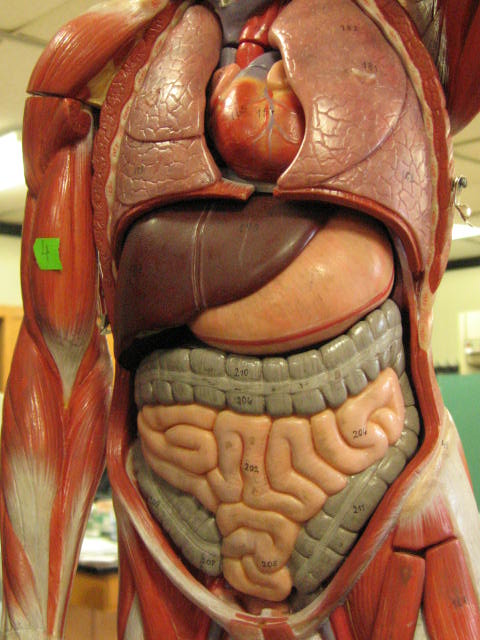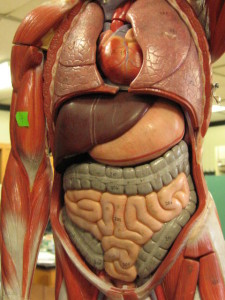You’re going in for your first endoscopy and you’re not sure what to expect. Your doctor has referred you to a gastroenterologist, who is a specialist and specifically trained to perform the procedure. They will give you a long list of instructions to prepare yourself and your body for your endoscopy, this might include:
- Fasting Before the Procedure. Depending on the doctor, you will be asked to stop drinking and eating 4-8 hours before your appointment to make sure your stomach is empty when the gastroenterologist begins the procedure.
- Stop Medications. Certain medications like blood-thinners can increase your chances of bleeding during your endoscopy; it is important to stop taking them 2-3 days before the procedure. If you suffer from serious medical conditions that require these medications, your doctor will give you specific instructions on how to proceed.
To get started on your upper GI endoscopy, you will be asked to lay down on the table on your back or side while they prepare you for the procedure. This may include:
- Monitors being attached to your body. These monitors will observe your heart rate, blood pressure and breathing during your procedure so that your gastroenterologist may be alerted of any complications while you’re in their care.
- You might be placed on a sedative. Depending on what procedures will be performed during your endoscopy, you may be given a sedative to help relax your body and nerves.
- The endoscope will be placed in your throat. After spraying an oral anesthetic into your mouth, your procedure will begin.
- A camera will record video of the procedure. A tiny camera on the tip of the endoscope will transmit video onto a screen so the gastroenterologist can be guided through your tract.
- Air might be inserted into your esophagus to inflate your digestive tract. This will allow the endoscope to move freely through your tract without irritating the surrounding tissues.
- Surgical tools will be used to collect tissue samples. Don’t worry; you will not feel the collection of tissue samples during the procedure.
After that, all of the equipment will be carefully removed and the procedure will come to a close. You will then be taken to a recovery room to relax and wait for your sedative to wear off. Don’t be alarmed if you feel the common side effects of an endoscopy including bloating, gas, cramping and a sore throat.



